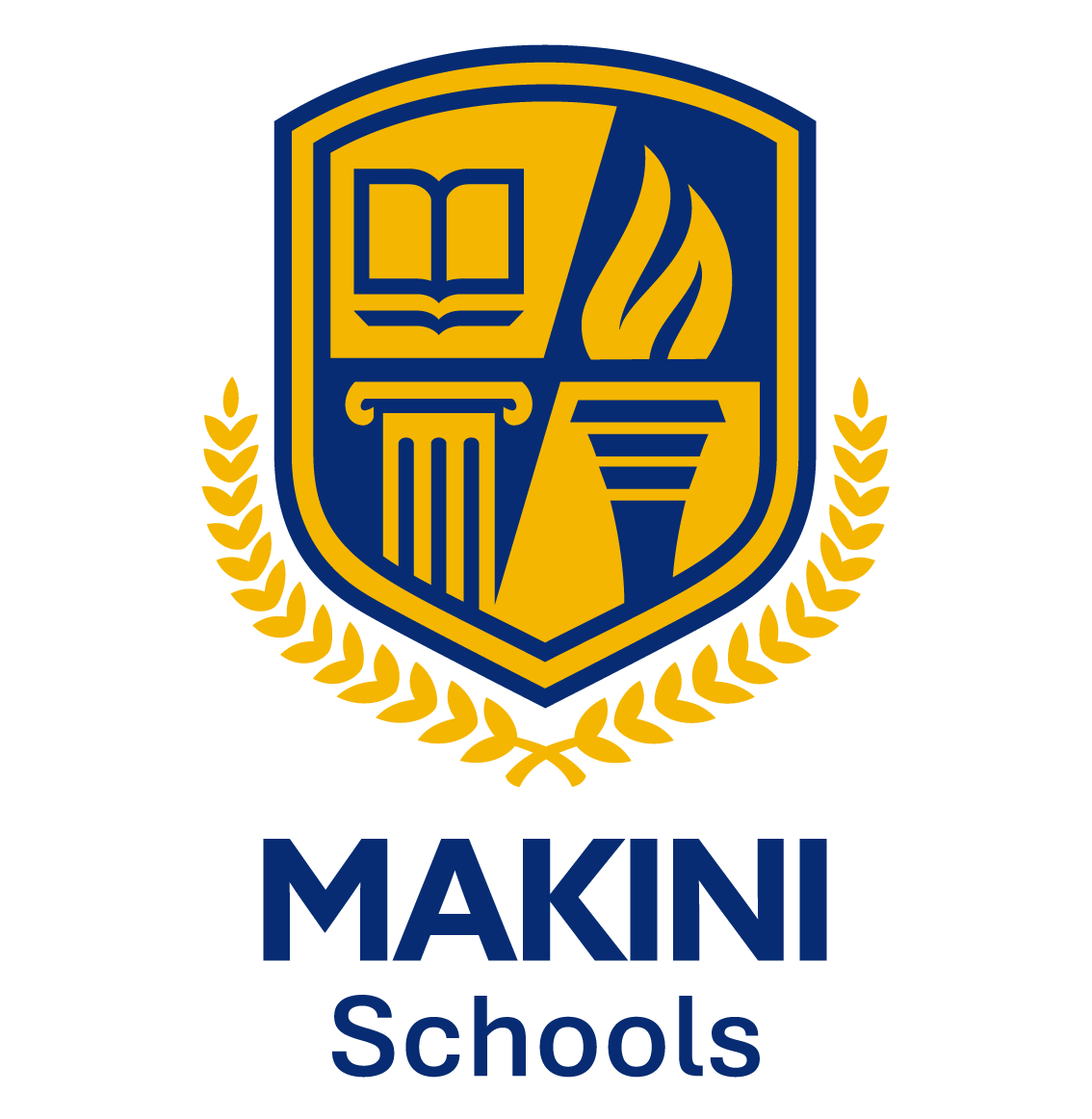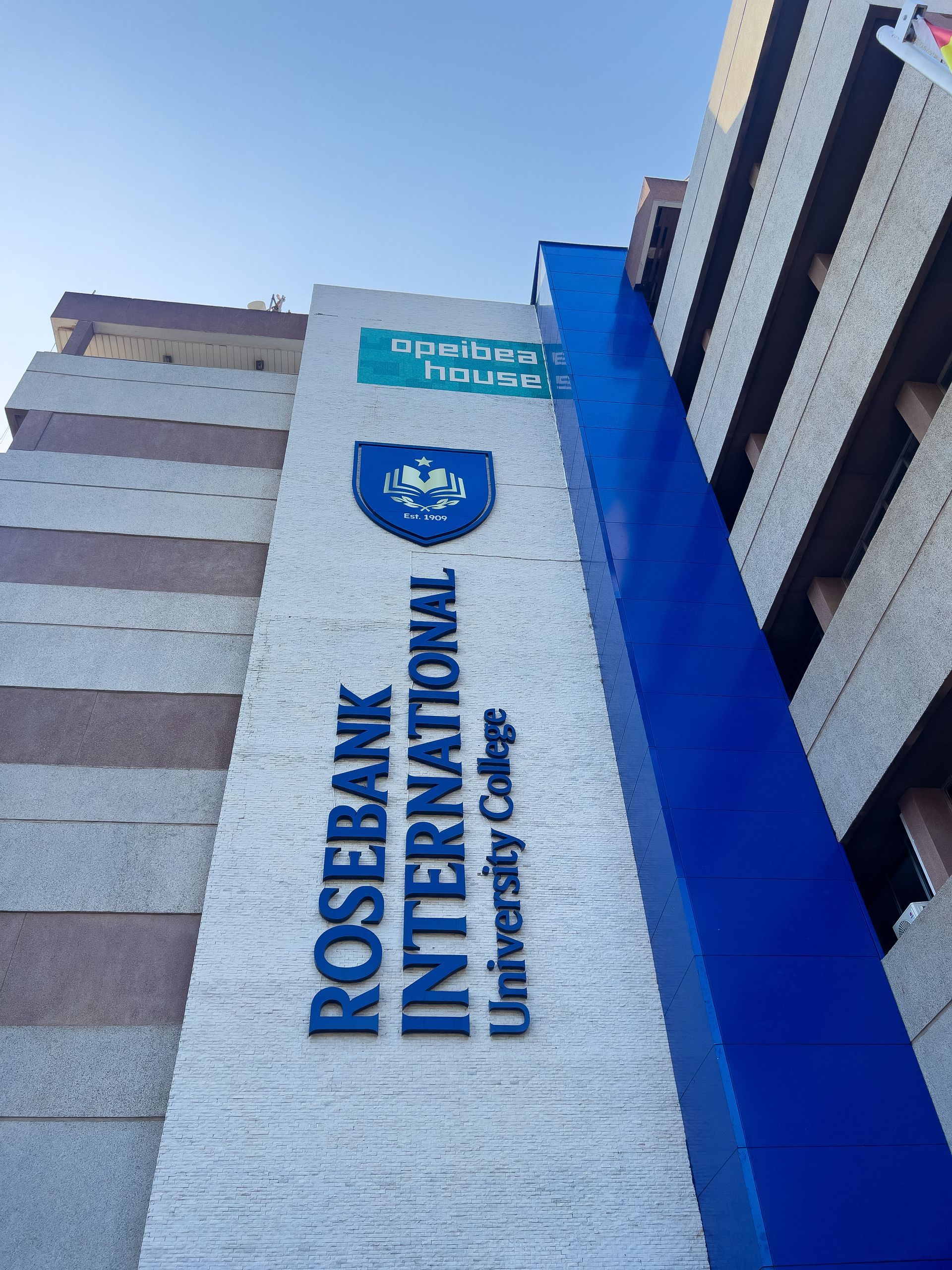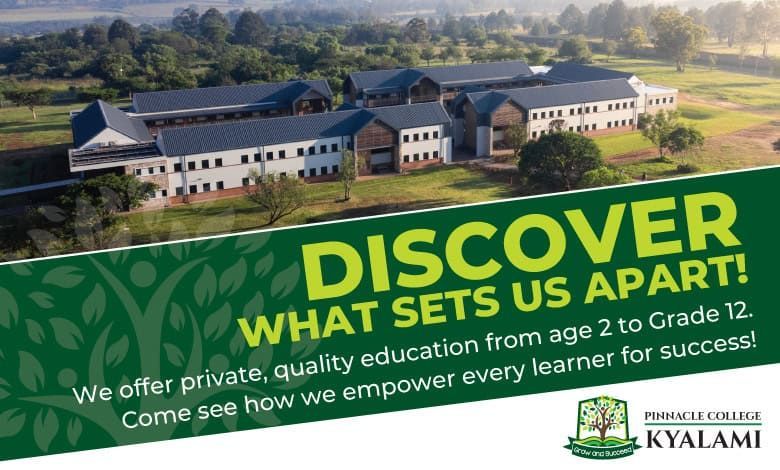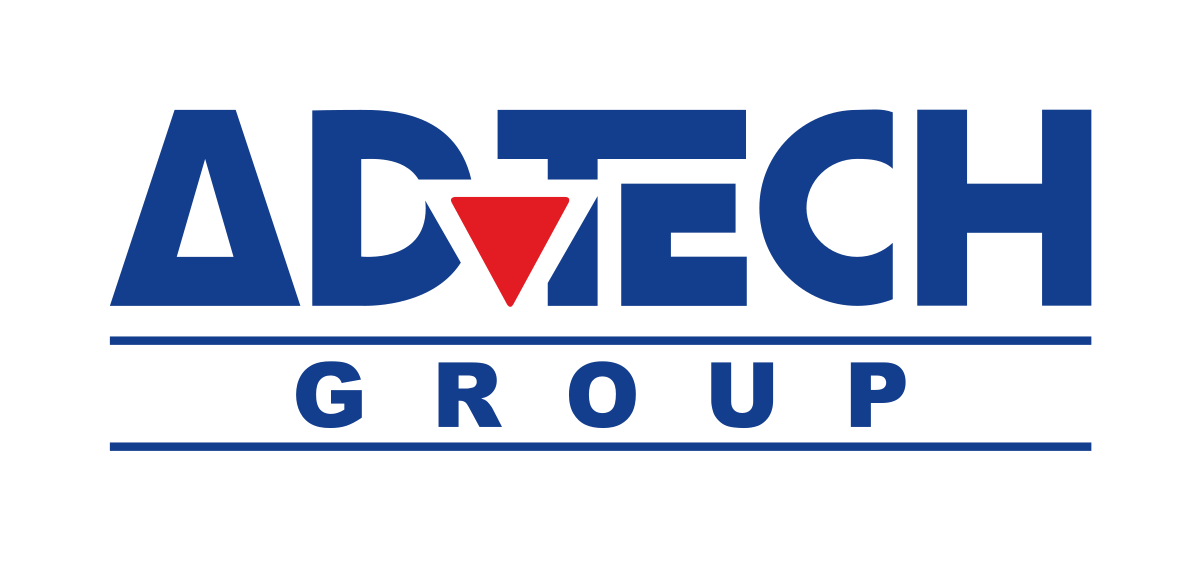Esports on the rise in SA schools taking the lead on tech in education
While South Africa has been lagging behind the rest of the world in terms of tech advancement and trends, a leading private school group has been making strides in the development of tech curricula and, specifically, in the exponentially growing field of eSports.
Nadia Nell, Academic Advisor: ADvTECH Schools, says Minecraft has been a key element in the group’s EdTech offering for some time now.
“eSports provides the opportunity to use Minecraft in a competitive environment in which teams collaborate strategically, utilising shared knowledge and combined talents to overcome obstacles, solve puzzles and riddles, and complete challenges,” says Nell.
“This extends the academic offering beyond the classroom, giving students a space to apply the skills they have learnt in class in a fast-paced and exciting arena,” she says.
ADvTECH’s Crawford Schools recently dominated the field at the RGB Gaming Minecraft stage at ComicCon 2022, with Crawford Lonehill winning the event, and Crawford Sandton placing third. Sixteen schools and 64 competitors battled it out in front of hundreds of spectators over two days before ADvTECH’s schools took 2 out of 3 top spots.
“While we have made progress in introducing eSports in our schools, more schools will in coming years start introducing this exciting activity, in line with international trends and the growth of the industry,” says Nell.
“This is because despite the exciting and exhilarating nature of eSports, it is the perfect vehicle for developing and nurturing the kinds of skills that will be required from future innovators. It is therefore not merely a nice-to-have activity for students interested in tech and gaming, but instead a key component of a serious EdTech offering.”
Nell says Minecraft Education Edition eSports incorporate the development of the following skills: Communication, Collaboration, Planning, Strategic Thinking, Creative Thinking, Critical Thinking, Problem Solving, Responsive and Adaptive Thinking, and Metacognition.
In addition to developing these skills, Digital Wellness in students across eSports is also a key focus.
RGB gaming highlights that “eSports has gained increased popularity over the past decades and has become synonymous with vital parts of youth culture, creating significant opportunities within the education industry to be leveraged as a tool for learning and skill development.
“In addition, eSports provides the platform upon which students can develop STEM skills or support more effective STEM learning. For example, students who are enthusiastic about esports often dig into their games trying to improve their skills and performance. They tend to try and understand the data or try and dive into team mechanics to increase win rate. This process itself is a way of learning. That’s why there are more schools using eSports as a learning platform.”
ADvTECH Updates











